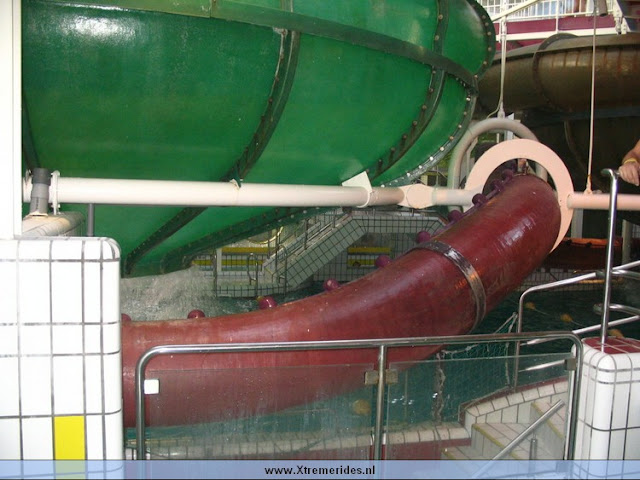Stenger's Brewery was located at Franklin and Webster Street in downtown Naperville, IL, being the third brewery in the village, and by far the most profitable during its life. At its peak, it shipped 17,000 barrels of lager and ale in northern Illinois. (
Chicago Tribune)
The dates of opening differ depending on the source, but it was first opened by Peter Stenger around 1850, either being purchased from, or opened with, one Jacob Engelfritz and survived until 1893, when Peter's son, John Stenger retired. After Peter, John and his brother Nicholas ran the brewery until
Nicholas' passing in 1864.
Evidently, the brewery either had a siding for the Chicago Burlington & Quincy Railroad, or otherwise transported their beer another way from the few blocks between the brewery and the tracks.
 |
What appears to be a siding on the CB&Q line at Naperville for the brewery. I don't think this is the line which ran along Ewing Street that served the quarry which became Centennial Beach, since the brewery was a few blocks east of there.
|
 |
| Naperville's Ewing Street Spur, which served the quarry which is today's Centennial Beach. I don't know if it had any relation to the above photograph, as it seems more likely the brewery had its own private siding. |
A 1981 commemorative beer can describes the history of the brewery as such, "The Stenger Brewery, located on the northeast corner of Franklin Ave. and Weber St. [sic] was the largest and most famous of three Napierville breweries that flourished after the Civil War. The brewery was established by Jacob Engelfritz in 1848. Peter Stenger Sr. was the was the first active proprietor. His son John Stenger took over in 1851 and went into business with his brother Nicholas. Stenger. The brewery made both ale and lager beer.
In 1854 it was one of the first breweries in Illinois to make a lager beer. Stenger Beer was sold
throughout the Chicago area, from Elgin on the north to Ottawa on the south. Adolph Coors worked
here before opening his own brewery at Golden, Colorado in 1873. ln 1893 the brewery was closed,
shortly after John Stenger had sold it to a Chicago firm, Henn and Gabler".
 |
Brewery on a c.1895 Sanborn Map of Naperville, IL.
|
The most significant impact of the brewery would be in who it employed, as it would employ a man named
Adolph Coors, who would go on to found one of the most successful beer companies on the planet.
Unfortunately, it could not compete against larger breweries in a time when competition from cheaper beer from larger companies, such as Coors themselves, put it out of business. The irony, of course, is today it would almost certainly garner a ton of interest as a historic local brewery, such as what became of the
Aurora Roundhouse.
The Tribune wrote in 1996 of the brewery, "The Stenger beer--more potent than today's brew, with an alcohol content of 6 to 7 percent--was sold in one of two ways. Residents could bring a bucket to the brewery and fill up at tap outside the stone building. The beer also was poured into kegs, loaded onto wagons and delivered to pubs in surrounding towns. That all ended in 1896. The stone buildings that once housed the brewery became a mushroom factory in the 1920s, then were demolished in 1956 to build a regional office for what is now an Ameritech branch office at Franklin and Webster streets."
Despite going out of business over 100 years ago, the Stenger family continues to reside in Naperville, IL, and are certainly a large part of the city's entrepreneurial history. Additionally, several artifacts from the brewery remain at the nearby Naper Settlement museum, which chronicles the early history of the City of Naperville quite well.
That said, at the site of the brewery, there's no plaques or visible historical markers of the area's history, which is kind of sad. Apartment buildings dwell on the site today.
I'm surprised a local brewery such as Two Brothers hasn't made a beer in their memory, at least not to my knowledge.
Thanks as always for reading!







Comments
Post a Comment